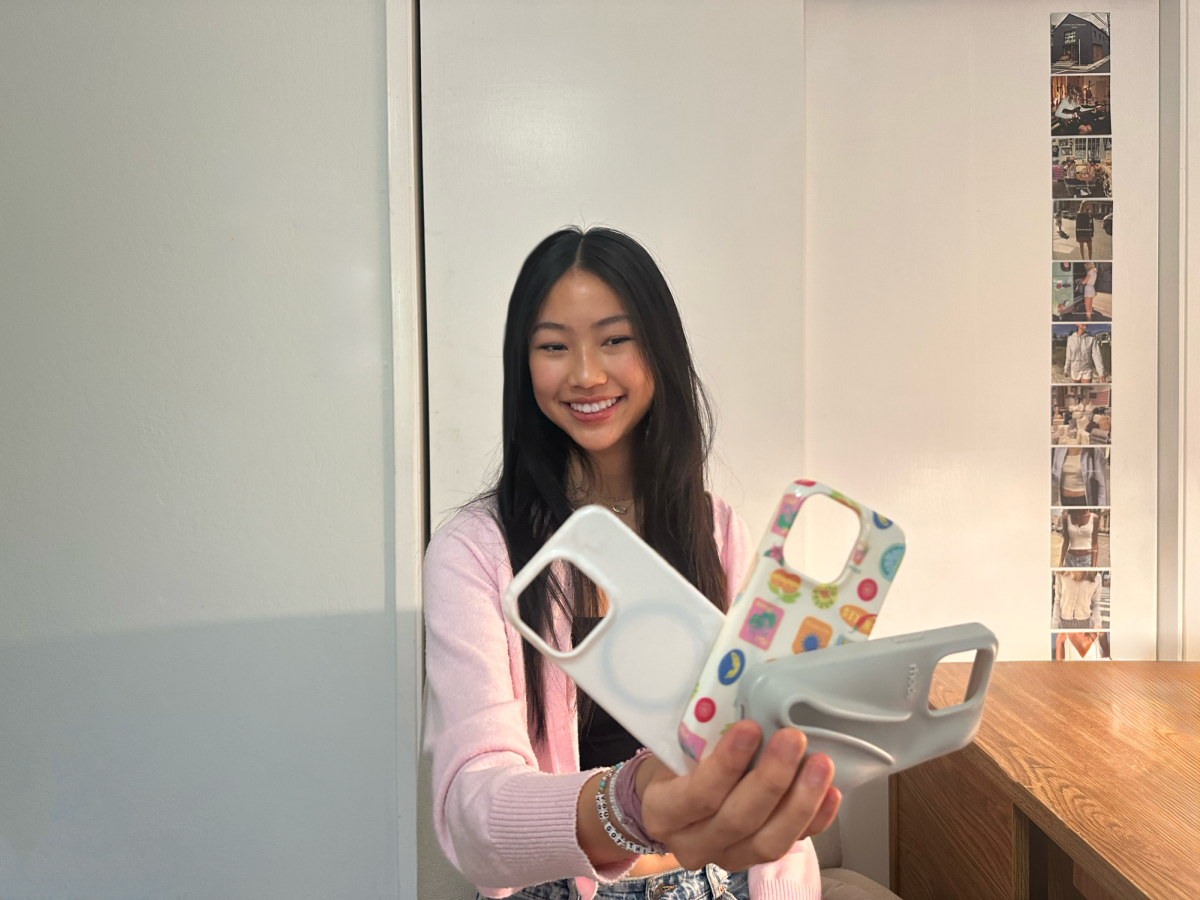As the college admissions process becomes increasingly competitive, students have turned to extravagant activities to distinguish themselves as stellar students, going above and beyond what an average high school student would do.
Among the ways perceived of gaining an advantage is to do research of various kinds in labs and other academic environments. And while these activities may not be the golden ticket into Stanford, Harvard or MIT, they can be valuable experiences — but not because of their value in the college admissions process.
Although the claims that high school researchers are able to produce a widespread positive impact are usually greatly exaggerated, these opportunities represent a beneficial way for students to gain a taste of what they might do in the future.
Since admissions decisions are holistic, it is impossible to know exactly how much research extracurriculars positively impact admissions decisions. However, what can be gauged is how much students intrinsically benefit from these opportunities, training themselves not just for college but also for work in academia or industry.
Traditionally, research done by high school students is seen as a way of demonstrating or developing necessary academic skills. As a result, research has earned a reputation as a resume booster — something to demonstrate competence to colleges or employers.
But in truth, the vast majority of high school research, just like all research, is neither groundbreaking, particularly significant nor even impactful in any way. Even these papers can show little about the aptitude of a student as they are almost always written with other, professional, researchers, and it is hard to know to what degree a student contributed to the project. This means that having done research or having brilliant results usually does not prove anything about the skills of a student.
As cheesy as it sounds, the real value of research comes from the journey, not the destination. For instance, consider internships, another extracurricular activity that high school students collect for college applications. Even though interns are almost always relegated to the most boring and least insightful tasks, they are beneficial for allowing young people to decide their careers with more realistic expectations and certainty.
Similarly, even menial labor in research programs, such as learning to use the tools of data analysis, can produce meaningful benefits. Simply seeing “masters at work” leads to greater familiarity with professional environments. Communicating with a professor or graduate student — someone who is truly passionate and knowledgeable about a subject — allows a student to learn the expectations and way forward in a particular field.
While internships may help train academic skills as well, this is not the main reason for doing them. Likewise, high school research is not only an extracurricular for college preparation; it’s an opportunity to find out whether a future in academia or in the lab is actually appealing.
Even the process of finding a research opportunity is helpful in learning how to solicit collaboration or advice from other scholars working in similar fields. While there are some nationwide programs for high school research, most students get research opportunities by participating in local programs or by simply asking a professor if they require another pair of hands in the lab.
This is a surprisingly level playing field for students. Of course, to-performing students will always have an edge, as they do in almost any admissions process. However, as most applicants will have little to no professional research experience, the selection process hinges almost entirely on the ability of the applicant to demonstrate their passion and commitment to studying a topic, as well as their desire to learn from more experienced researchers. If anything, reaching out to others in the hopes of finding research opportunities helps build social skills and courage.
So those who are interested in a career in STEM should go out and find a research opportunity that feels suitable for them. Research in STEM won’t necessarily wow admissions officers, but given enough effort, anyone can learn niche knowledge and basic communication skills along with a better — and earlier — understanding of whether a field is a suitable fit.

























